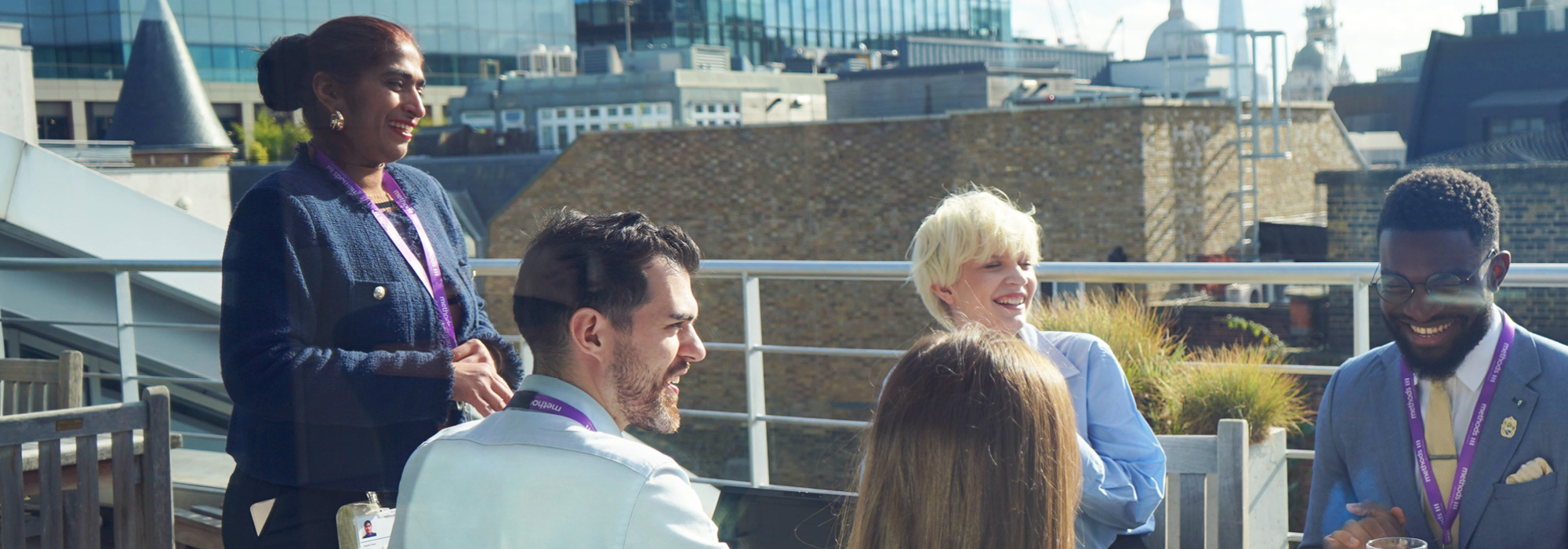Climate change adaptation

Challenge
The Department for Environment, Food, & Rural Affairs (Defra) required programmatic and environmental risk small and medium-sized enterprises (SME) support.
The key requirements were:
- to build upon and challenge the existing risk management framework
- to enhance understanding amongst the wider climate change risk stakeholder landscape
- to successfully maintain momentum and progress for the new national adaptation programme.
Solution
Methods partnered with our strategic partner Agricultural Development and Advisory Service (ADAS) to support the Climate Adaptation team, providing programmatic expertise, the technical know-how to lead a series of complex conversations, and workshops to help understand and implement actions to mitigate the effects of climate change.
As the team had an ultimate deadline of over a year to get the Third National Adaptation Programme (NAP3) document written, we ensured a plan was in place to keep momentum and progress, and this also allowed Defra to visualise the bigger picture and see what was involved in getting to the finish line.
Thanks to our focus on knowledge transfer and flexible response to changing requirements, we were able to facilitate a time-bound service delivery period during which we completed all of the deliverables asked of us, and transferred the required skills and knowledge to our client to reduce their long-term requirement for external consultants.
Impact
Our key outcomes included:
- partnering with ADAS to include nationally recognised climate change expertise
- the implementation of a programmatic approach
- an increased awareness of dependencies
- receipt of continual knowledge transfer throughout the contract
- transfer of technical knowledge - we continuously facilitated knowledge transfer throughout the delivery in a variety of ways such as 1-2-1 sessions, Risks, Assumptions, Issues, and Dependencies (RAID) logs, and Decision log
- a shared vision of success.
We worked with the client to fully understand what was required from a technical perspective, and then provided specifically selected individuals based on the skill and expertise to work as part of the project team.
We spent time building a relationship with our client so we could fully understand the scope required for a successful project, as well as building their trust in us and our advice and expertise.
At the end of the delivery, we produced a management handbook with all the learnings to ensure the full scope had been captured and shared so Defra could move forward without Methods.
"Methods provided expertise that we didn’t have easy access to, on setting up of programmes and helping us to think about and structure our work. They also added value in their approach to managing the relationship with us – through willingness to adapt to our evolving needs and requirements."
Dan McCartney
Defra
